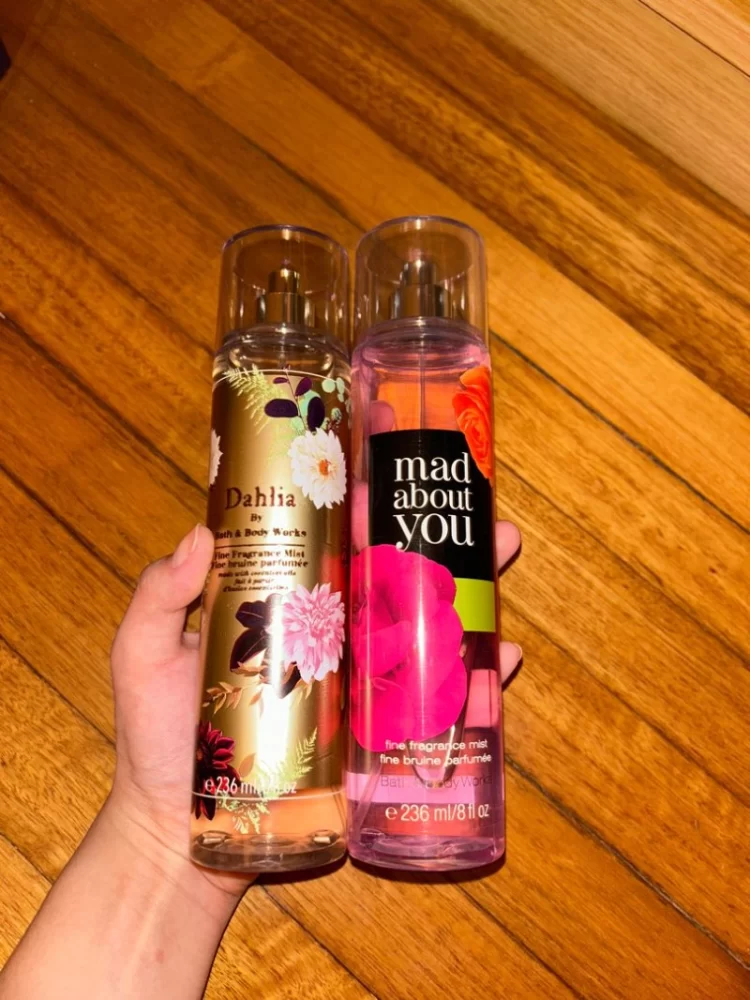- understanding-body-spray-ingredients
- is-bath-and-body-works-body-spray-toxic
- health-concerns-and-sensitivity
- safe-ways-to-use-body-spray
- alternatives-and-natural-options
- when-to-seek-professional-advice
1. Understanding Body Spray Ingredients
Bath and Body Works body sprays are popular for their wide variety of scents, but many people wonder what’s inside the bottle. Common ingredients include water, alcohol, fragrance oils, and preservatives. Alcohol acts as a carrier, allowing the scent to disperse, while fragrance oils provide the signature aroma. However, “fragrance” is often an umbrella term that can include hundreds of undisclosed chemicals, some of which may raise concerns for sensitive users. Knowing what you’re spraying on your skin is the first step in making informed choices about personal care products.
2. Is Bath and Body Works Body Spray Toxic?
The short answer is: generally, Bath and Body Works body sprays are not considered toxic when used as intended. They are regulated to meet safety standards. However, certain ingredients like synthetic fragrances or phthalates (sometimes used to make scents last longer) have been linked in studies to possible hormone disruption or skin irritation. For most healthy adults, occasional use is unlikely to cause harm. But if you have asthma, allergies, or sensitive skin, you may want to limit exposure or test the spray on a small area first. This balance between enjoyment and awareness helps people continue using fragrances safely.
3. Health Concerns and Sensitivity
Some individuals report headaches, dizziness, or skin rashes after using body sprays. A college student in California shared on a skincare forum that they developed migraines whenever exposed to strong floral mists in class. This doesn’t mean the product is universally dangerous—it highlights how differently people respond to fragrances. Children, pregnant individuals, and those with respiratory conditions may be more vulnerable. Understanding your body’s reactions is essential to deciding whether to continue using a particular spray.
4. Safe Ways to Use Body Spray
Using body spray safely comes down to moderation and technique. Apply it on clothing instead of directly on the skin to reduce irritation. Spray in a well-ventilated room, and avoid over-applying. Think of it like seasoning food—too much can overwhelm you and those around you. Experts also suggest storing sprays away from direct heat or sunlight, which can alter the chemical stability of the ingredients. These simple habits help keep your fragrance experience pleasant without compromising your well-being.
5. Alternatives and Natural Options
If you’re concerned about whether Bath and Body Works body spray is toxic, you might explore alternatives. Natural sprays using essential oils, alcohol-free mists, or dermatologist-tested brands with transparent ingredient lists can provide peace of mind. At Scent Snob, you can find carefully curated products that balance fragrance enjoyment with safety considerations. Choosing natural doesn’t mean giving up variety—many brands now offer botanical blends that smell just as luxurious as synthetic options.
6. When to Seek Professional Advice
If you experience persistent irritation, allergic reactions, or respiratory issues after using body spray, it may be time to consult a dermatologist or healthcare provider. These professionals can help determine if your symptoms are linked to specific ingredients. One New York dermatologist recalled a patient who believed her perfume was toxic, but testing revealed it was simply a fragrance sensitivity. Professional guidance can prevent unnecessary worry and ensure you find products that work best for your body and lifestyle.


0 comments